A Child’s First Go Tournament
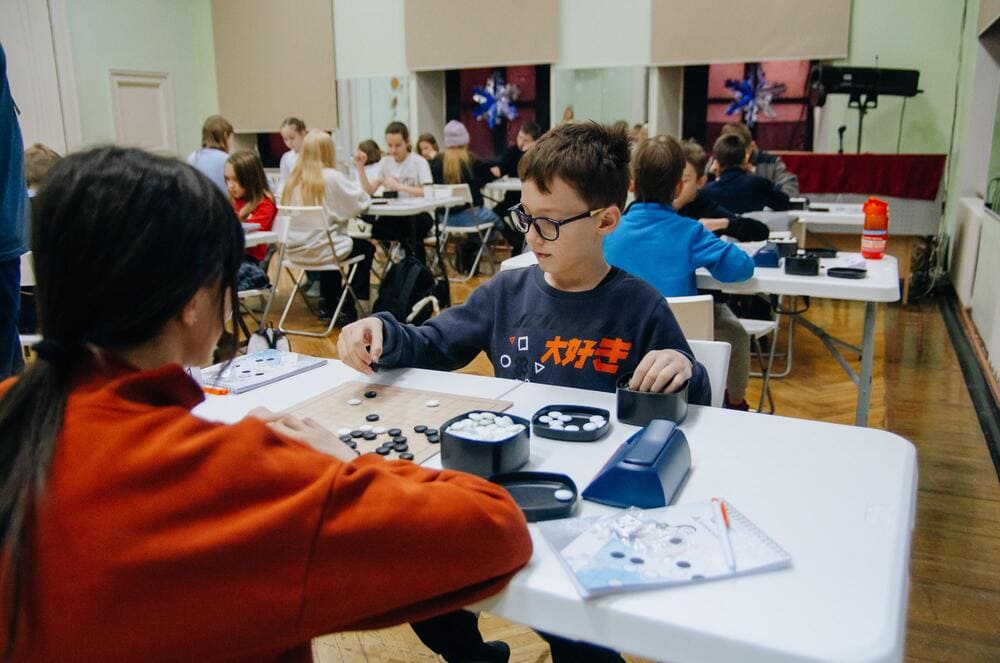

Some believe that a school league, where a child plays with clubmates, is sufficient. In such games, the child is familiar with their opponents and knows what to expect in each match. As for unfamiliar opponents, they can always be faced online. Games on online Go servers involve much less stress and pressure. Additionally, there’s always the convenient excuse: “I lost because my opponent was probably using the AI.“
But a real tournament is something entirely different! Emotions overflow from the very first moments, a slight tremor is felt, and adrenaline surges.
What if I forget the joseki I studied?
What if I lose because I run out of time?
What if my opponent is a sandbagger, officially ranked as 15 kyu, but actually a 5 kyu on KGS?
Participating in real tournaments evokes emotions that cannot be compared to playing with friends or online matches.
I often hear excuses like: “I’m too weak to play in tournaments yet. I’ll wait until I reach 10 kyu…” But this is just an unnecessary self-imposed barrier. In almost any official tournament, you will find many beginner Go enthusiasts. Most participants are young children, but adults also take part. Generally, tournaments follow the McMahon system, ensuring that opponents are more or less at the same skill level.
In one of my first tournaments, I won 6 out of 6 games and naively thought I would take first place. Imagine my disappointment when I found out that Alexey Lazarev was the actual winner, while I had only moved up from 120th place to 110th. Yes, that’s how the McMahon system works. Most participants have no real chance of winning top prizes. However, in most cases, players who score 5 or 6 out of 6 still receive rewards, such as trophies and diplomas. Back in the early ’90s, when I was still a 15 kyu, I proudly won prizes like a samovar and a telescope!
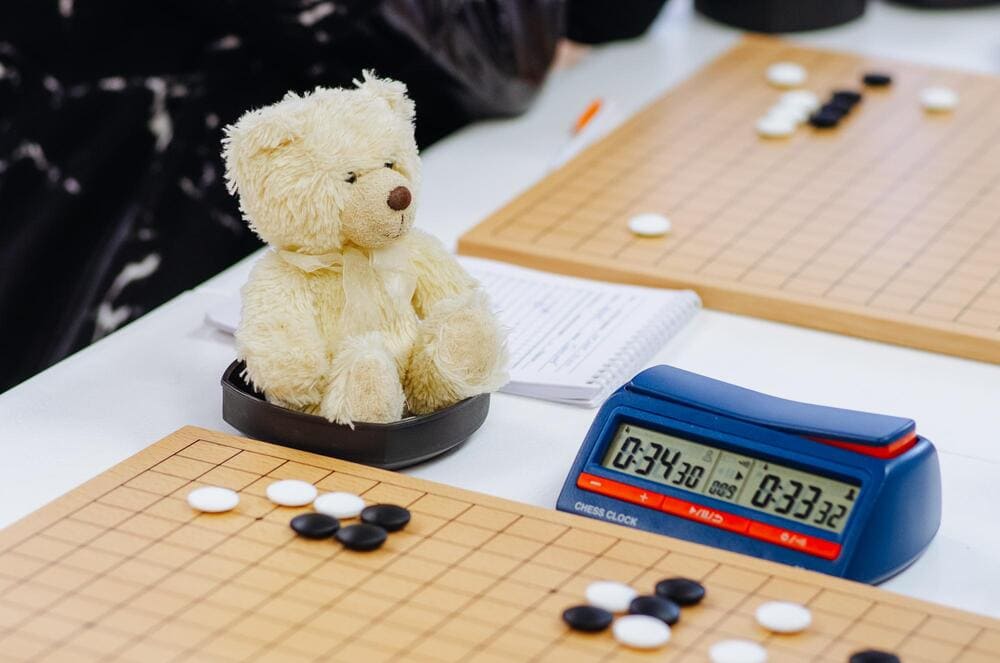
For a child participating in their first tournament, it’s important to set a fair initial rank. Here, humility is advised. I recommend registering at a rank about five ranks lower than the child’s actual strength—for example, 20 kyu instead of 15 kyu. And definitely, do not rely on online server rankings, as they can differ greatly from official ranks recognized by Go federations. After the first tournament, the rating will naturally adjust to reflect the player’s actual level, but those first 5 or 6 victories will stay in the child’s memory forever. At the tournament’s conclusion, the child will be awarded amidst enthusiastic applause. However, scoring 0 or 1 win out of 6 could be discouraging and may even make a child reluctant to participate in tournaments again.
Keep in mind that official rating systems often award generous points to fast-improving players. If your child gains 500 rating points in their first tournament but then loses 100 in the next, it doesn’t mean they’ve gotten weaker. It simply means the rating system initially overestimated their strength. Don’t scold your child over such fluctuations—it’s not their fault!
Supporting Young Players
One of the biggest challenges for young players (around 7-8 years old) is handling responsibility and stress. The fear of making mistakes, combined with tournament pressure, can make it really hard to find the best move.
Some children fear losing every game or dropping in rating—sometimes, their parents share this fear, unintentionally worsening the tension. It’s crucial to help children understand that Go is just a game, and no one will scold them for poor results. On the other hand, some children play too quickly and overconfidently, without making a real effort to win. In such cases, it’s reasonable to remind them that tournaments are about thoughtful play, not just finishing games as fast as possible.
In most competitions, children play 5-6 rounds, typically 2 or 3 games per day. The biggest source of support during this challenging experience is the parents. However, parents can also negatively affect their child’s mindset if they handle the situation poorly. To ensure a child feels comfortable, it’s important to adopt the right approach.
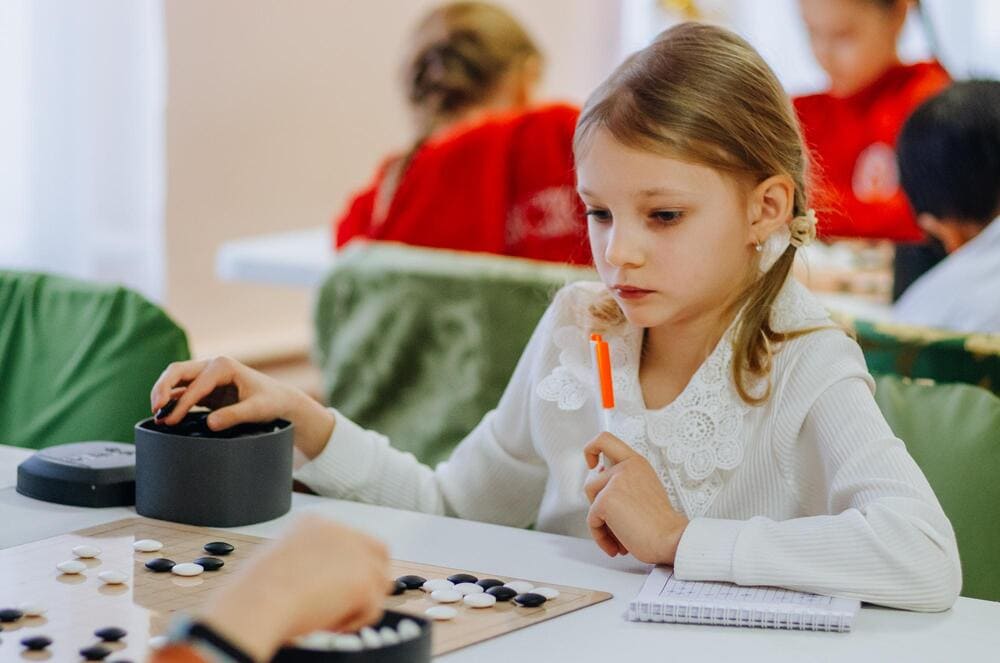
How Parents Can Help
Regardless of the outcome, always take the time to listen to your child after a game. Children become deeply emotionally invested in their matches and are especially sensitive to losses.
Ask them about their game—what went well and what didn’t. The key here is to avoid judging them. They should always feel your unconditional support, no matter how they performed.
It’s also important not to disrupt a child’s emotional balance. Reviewing games with a coach or a strong AI program can be beneficial, but it should be done in a calm, constructive manner—without excessive praise or criticism. Ideally, reviews should take place at home, not between rounds.
Children who participate in tournaments regularly gain invaluable experience. They learn to manage emotions, handle defeat, and accept constructive criticism. The ability to focus under stress and think clearly despite an adrenaline rush—these are valuable skills that will certainly benefit them in the future.
The Joy of Competition
Victories in tournaments leave lasting impressions. A child may be thrilled when praised by their coach or when they defeat a friend for the first time. But winning in a completely unfamiliar environment, against an unknown opponent, without prior preparation? That’s an entirely different feeling. It’s an enormous confidence boost—realizing they entered a tournament on their own, won a game without a teacher’s help, and proved to themselves that they could succeed.
A Go tournament is like a festival. You step into a large hall filled with other players and parents. It’s easy to make new friends—after all, everyone already shares a common interest in Go. Many childhood friendships formed at tournaments last for years.
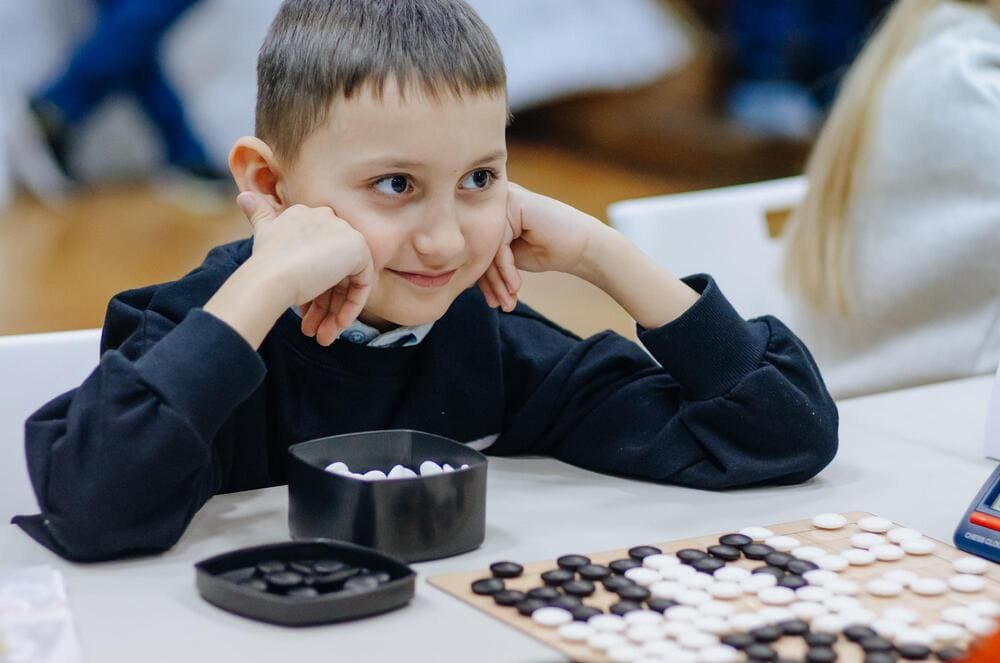
Regular tournament participation complements all the effort a child puts into their Go studies. Only through competition can they truly test their potential and apply the skills they’ve learned in lessons.
Of course, tournaments also bring disappointments. Losing is always tough, regardless of age. But losses serve as motivation to improve—to rethink one’s play, work harder, and strive for progress. A defeat at the board should teach a child that failure is just another step in learning. If something goes wrong, it’s not a reason to give up—it’s a reason to try again, this time with more knowledge and experience.
A Word for Parents
One final piece of advice: never discuss a Go teacher’s methods in front of your child, and don’t interfere with their training. Every student has a unique learning plan and approach, tailored by their teacher.
Don’t panic over a single poor tournament performance or rush to switch teachers. A strong player is not necessarily a good teacher. In fact, for beginners, a kyu-level instructor is often more beneficial than a decorated champion. And in today’s world, professional-level AI programs can easily defeat world champions and provide in-depth analysis of mistakes—further proof that medals alone don’t make a great teacher.
Lastly, as much as we may dream about it, there is only one first-place winner, while thousands strive for it. To become a champion, talent and hard work alone aren’t enough—sometimes, luck plays a role too.
And that’s okay. There’s nothing wrong with playing Go for the love of the game rather than for trophies and medals. Be a friend to your child. Praise and support them. Let the teachers handle the scolding.
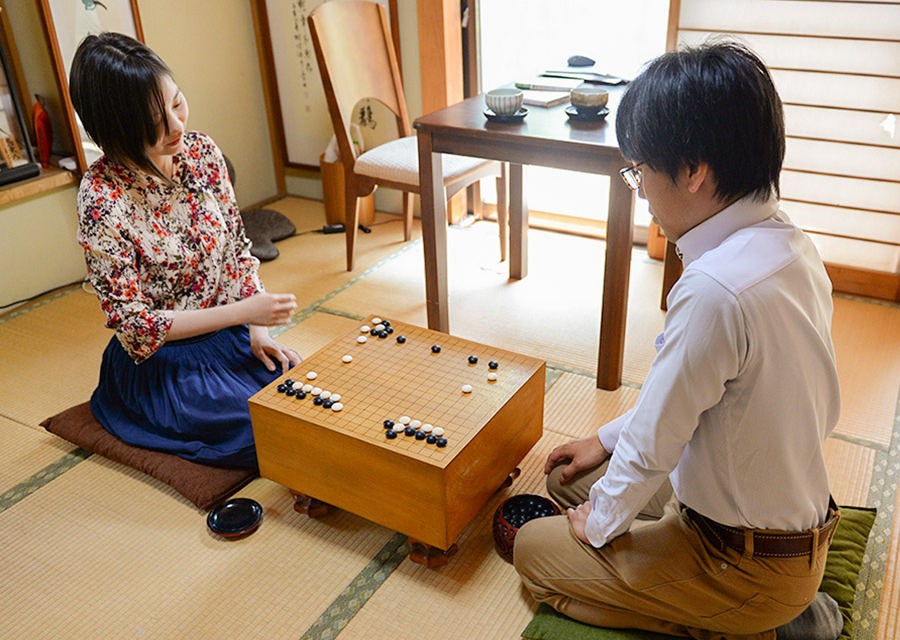
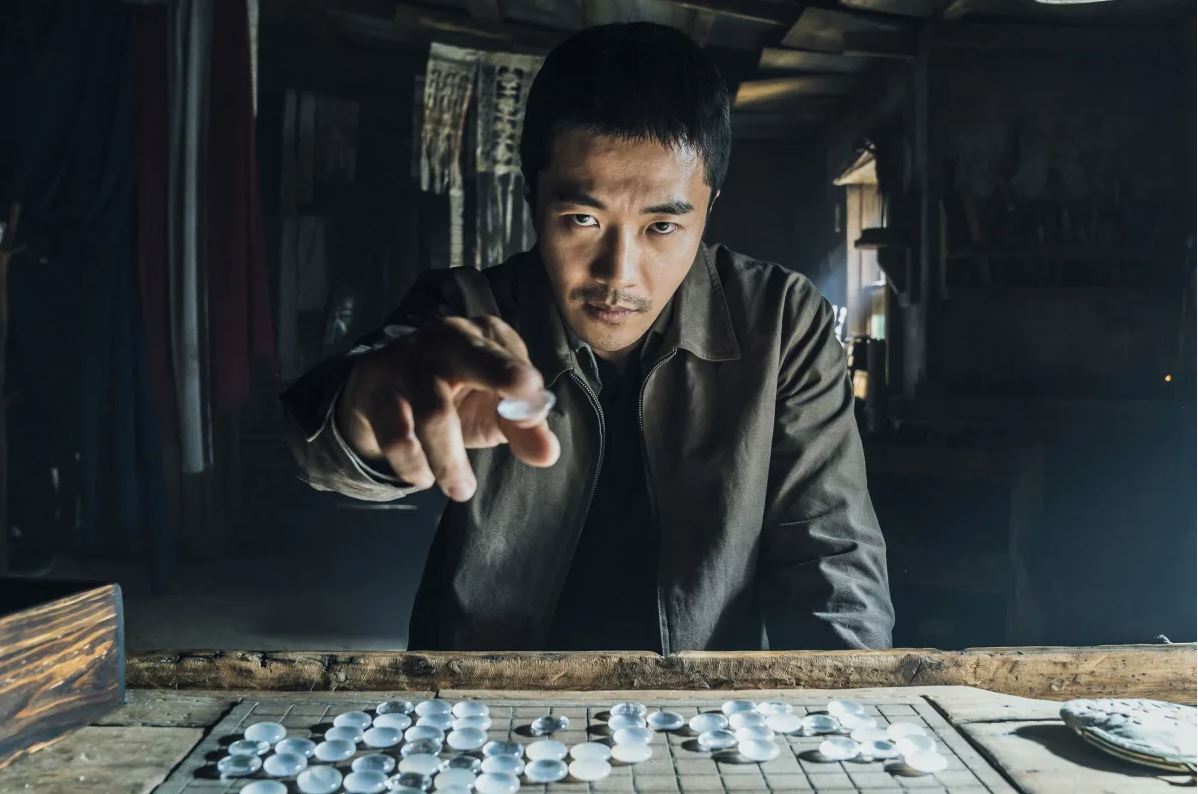
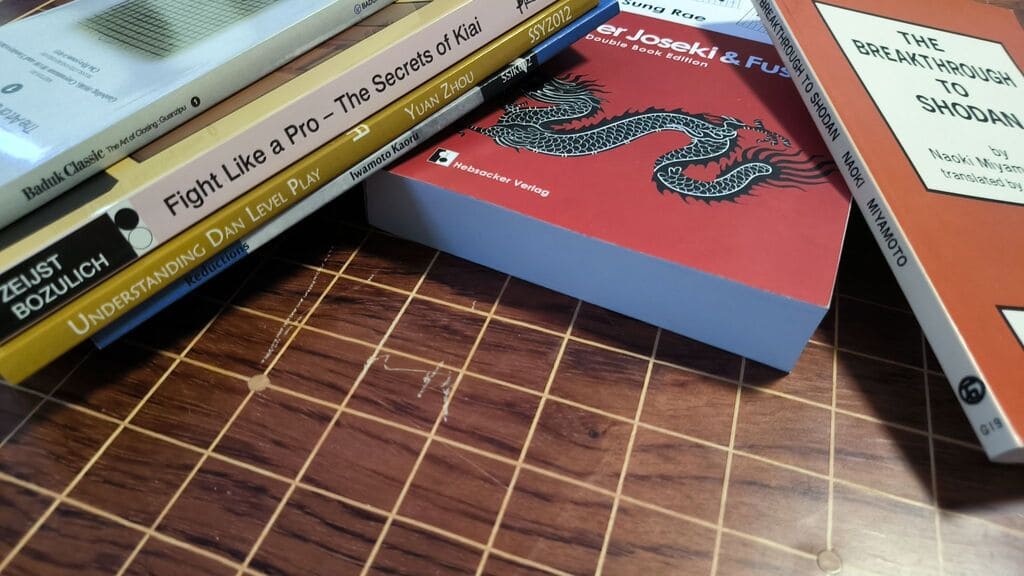
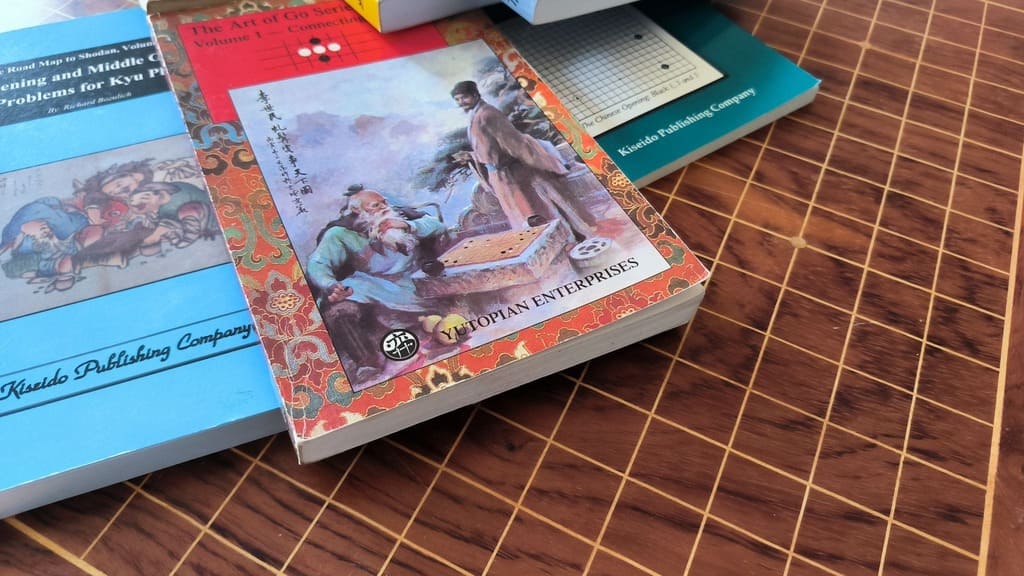
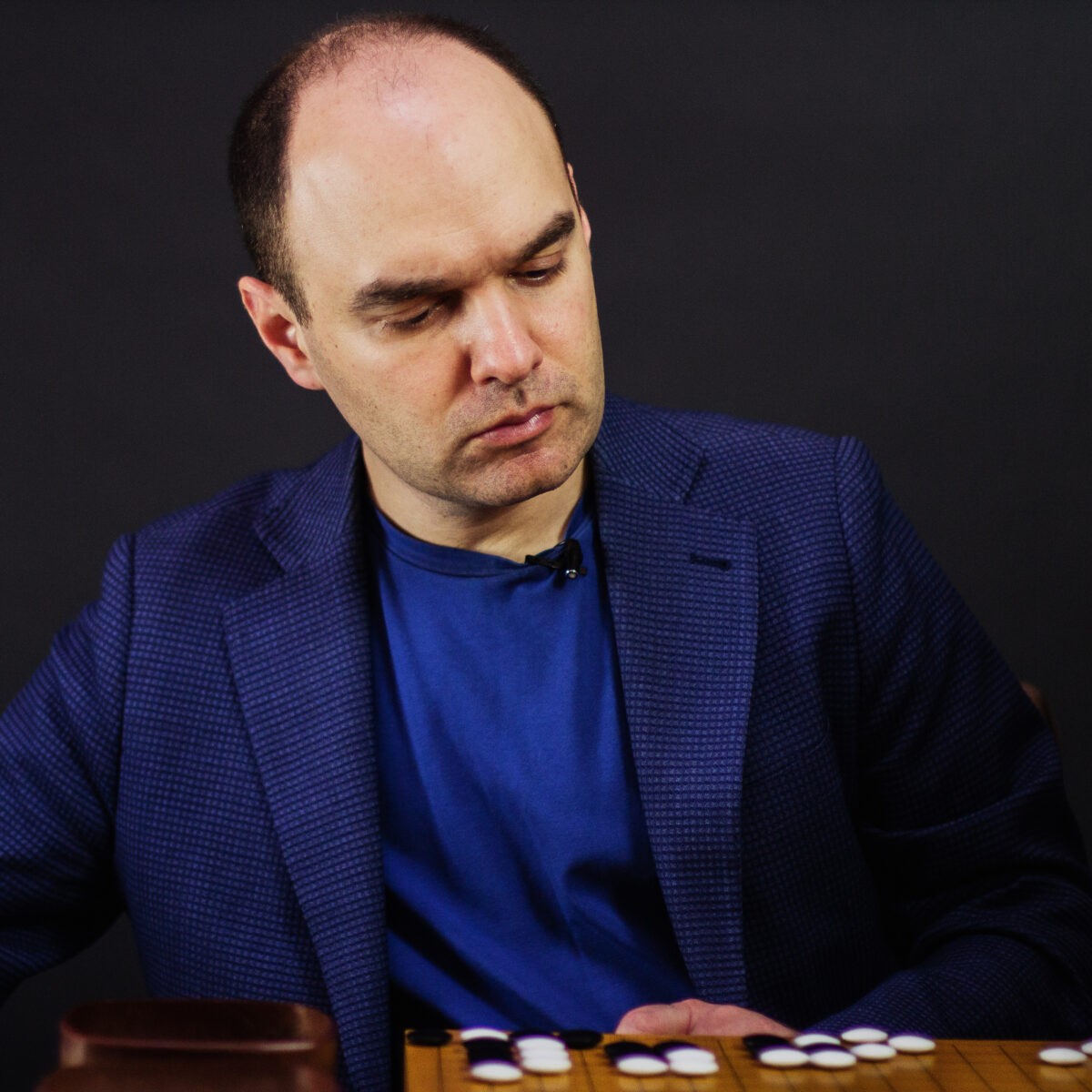
How is placing your child 5 ranks below not sandbagging? And, for every chold getting 5-6 wins, there’s another one losing a lot…
Rule #1 for giving feedback: never give it in front of others.